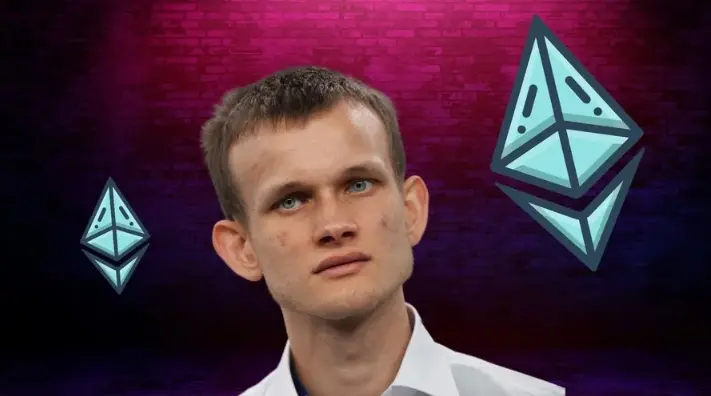Former ConsenSys Chief Economist: Web3 Still Needs More Real Economic Activity
Original Title: Web3 Still Lacks 'Real Economic Activity', Says Generative Ventures Partner Lex Sokolin
Original Author: Andrew Asmakov
Translation: Qianwen, ChainCatcher
Lex Sokolin is betting heavily on the Fourth Industrial Revolution, or rather, he is interested in how all the exciting new technologies will shape tomorrow.
"We need new vocabulary (i.e., new ideas)," he said in an interview with Decrypt. "Over the past four years, I have held several different positions at ConsenSys, starting with fintech, then marketing, and later with the cryptocurrency economics team."
Sokolin previously served as co-head of ConsenSys' global fintech division and is now a general partner at Generative Ventures, shifting his focus toward the integration of artificial intelligence, cryptocurrency, and the machine economy.
The machine economy refers to a mesh network composed of various smart devices like smartphones and smartwatches, which constitutes a broader Internet of Things. With the help of artificial intelligence and cryptocurrency, these devices will achieve autonomous operation in the future, making payments to each other without any human intervention—at least that is an optimistic assumption.
He said, "When I entered this field, I considered many questions about fintech and financial services, believing that cryptocurrency and blockchain are the new architecture for financial services. I have heard this perspective countless times, and I think this approach is correct in many ways."
But Sokolin believes that the underlying technology supporting Web3 development should not be the sole driving force of economic activity. When all activities are entirely centered around financial services, "we will see things like the Luna collapse, we will have crazy professionals, we will have a lot of derivatives, and we will miss out on real economic activity."
Economic activity still requires businesses to invest labor, export products and services to meet real-world demands.
"Only after there is an economy can you obtain funding for savings, payments, bank loans, and so on. All of these serve actual economic output. Then come NFTs, digital objects, and markets, all of which are meant to support people's beautiful and creative ideas." Accelerating the development of the native economy is the core of Sokolin's viewpoint.
He also believes that artificial intelligence, especially generative AI, is another core element of this vision. "Generative AI is a way for people to enhance their labor capabilities, improving productivity and creativity, especially in situations where people's attention is scarce, or they are not contributing all their efforts. Generative AI is a way for people to amplify their labor and produce things on a larger scale."
Therefore, while there are calls to improve transaction experiences or wallet accessibility, builders in the cryptocurrency space should turn their attention to the software domain to create those AI-driven economic tracks.
From Custodial Information to Non-Custodial Information
Sokolin said that identity and ownership are another area where blockchain and AI can bring significant improvements. He stated, "I don't know if we urgently need [the right] vocabulary (ideas), but if AI is controlled by large tech companies, Web2 will go to extremes—unlimited content, unrestrained dopamine addiction, everything is free, and people become products. This is similar to social media, just at a greater degree. That’s why the data privacy solutions offered by Web3 are more important than ever."
He believes that just as custodial finance has evolved into non-custodial finance, the information domain also needs a similar shift—from custodial information to non-custodial information.
Crucially, the Web3 architecture will play a key role in this transition. "I want to own digital objects and all my NFTs. If it can call software, access my money, or have permissions, all of this needs to be realized within the economic architecture." Sokolin said, "Another angle of the machine economy issue is that if I am to own an AI agent, I need to have control over ownership."
He added, "If we ultimately choose this model of the machine economy, then all these activities only make sense when they generate certain value, and all these things will be recorded on the blockchain network."
So far, Generative Ventures has invested in two projects and is looking to bring more companies into its portfolio, focusing on seed and Series A funding.
For instance, the zkEVM project Taiko and AegisWeb3 (which can protect users' security when they interact with different things on Web3, informing them of the actions taken before they make transactions). Sokolin stated that other ideas the fund is exploring include aggregators for open-source models and incorporating zero-knowledge proofs into the outputs of machine learning models.
Sokolin said, "There are some projects researching the use of ZK proofs, such as verifying the authenticity of information and linking it throughout, providing you with a model version of the generated information that contains underlying sources that may be true or false." He believes we are still in the early stages of development, but people are already beginning to explore edge technologies, and we see "a lot of overlap between these two technologies."










